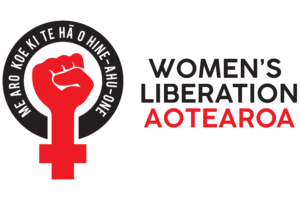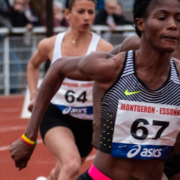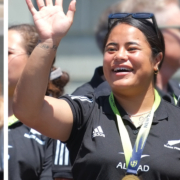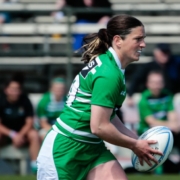It is surprising that transwomen have been the main focus of transactivist lobbying for their inclusion in female sports, when it is fair treatment for trans identified females (transmen), and some people with Difference/Variations of Sex Development (DSDs) that really is the difficult issue. This is glaring evidence of yet another form of sex-based inequality.
Tag Archive for: Women’s sport
The World Athletics Council are to be congratulated for recently joining international organisations, like World Rugby and swimming’s Fina, in restricting competition in the international women’s athletic division to those who have not gone through male puberty. It’s not banning trans identified males from competition as some of NZ’s media has hysterically proclaimed. Transwomen can compete in the category designated for their sex, subject to further revisions of the policy. It is up to men to make transwomen welcome, safe, and accepted in their competitions.
I’m excited about the women’s Super Rugby Aupiki semi-final games on Sunday (19 March 2023), in spite of the small number of teams competing in the current competition. ed the top slot in the HSBC international rankings, winning the last 4 tournaments on the circuit. The domestic Super Rugby Aupiki competition shows a vast improvement in skills and tactics from last year.
Kate Weatherly, a New Zealand transgender athlete in women’s downhill mountain biking, has spoken out against FINA’s (Fédération Internationale De Natation) new rules for trans inclusion in women’s events.
In a sense, Weatherly is right, there are bigger issues in women’s sport than the participation of a few transgender athletes.
All the talk about how the IOC’s current transgender guidelines are “no longer fit for purpose” obscures the reality that they were never fit for purpose.
Contact Us
womensliberationaotearoa@gmail.com
Please email us with essays you’d like published or anything else you’d like to bring to our attention.



 WLA
WLA
